
Business
“Becoming a mentor helped me see my own value.”
6th March 2025
26th July 2019
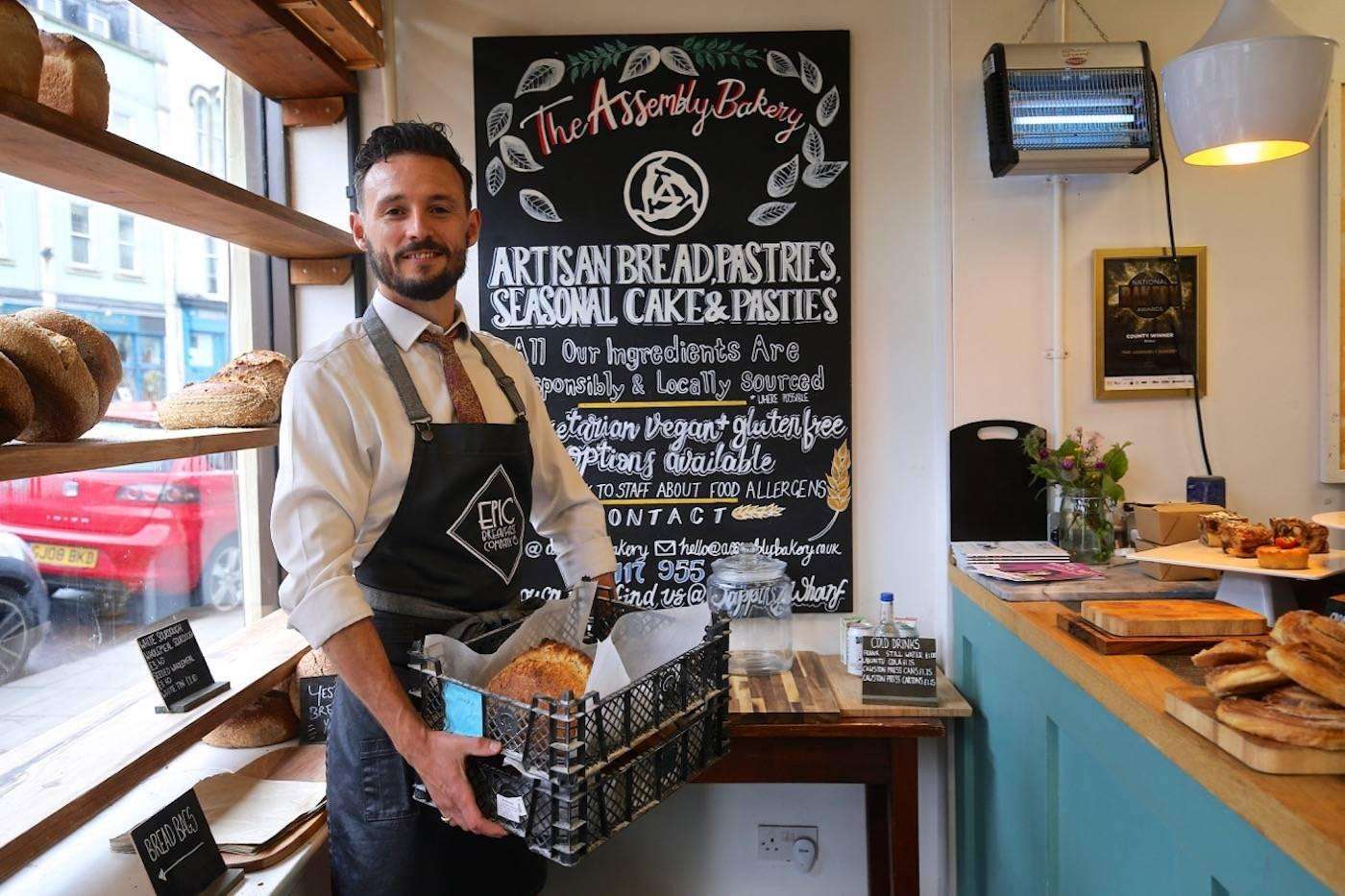
Subscriptions have been baked into the business models of many British startups, sometimes from the beginning, sometimes as a way of developing their enterprise. The peace of mind of regular income and repeat business works for lots of companies but not for everyone. You’ll need an attractive monthly cost, cancellation policy and variety in your products.
The Retro, founded by 23-year-old Peter Donoghue, began as a music blog and e-commerce store selling turntables and polaroid cameras. “I needed something to put on my university application so I built a blog about my record collection,” he says.

He was accepted for Computer Science at Strathclyde University and developed his website into a business while doing his degree. “When I graduated, I realised that there wasn’t anything to make the business unique. Eventually, the idea was distilled down into a subscription box.” Customers can choose what their monthly box contains - comic books, vinyl records, cassette tapes, video games or a combination. It costs £54 for 3 months or £90 for 6 months.
Ollie Edwards came up with the idea for Epic Breakfast while working as a maths teacher at a secondary school. “When you’re really busy on Thursday and Friday, the last thing you want to think about is buying food for the weekend,” he says. Ollie, 37, knew he couldn’t be the only busy person waking up on Saturday mornings, wishing he had the ingredients for a full English. Through Epic Breakfast, he now delivers breakfast boxes each Saturday to customers in and around Bristol. Each box costs £25 and includes two pastries from a local baker, a bottle of hand-pressed apple juice, speciality coffee and the ingredients for a full english, vegetarian or vegan breakfast.
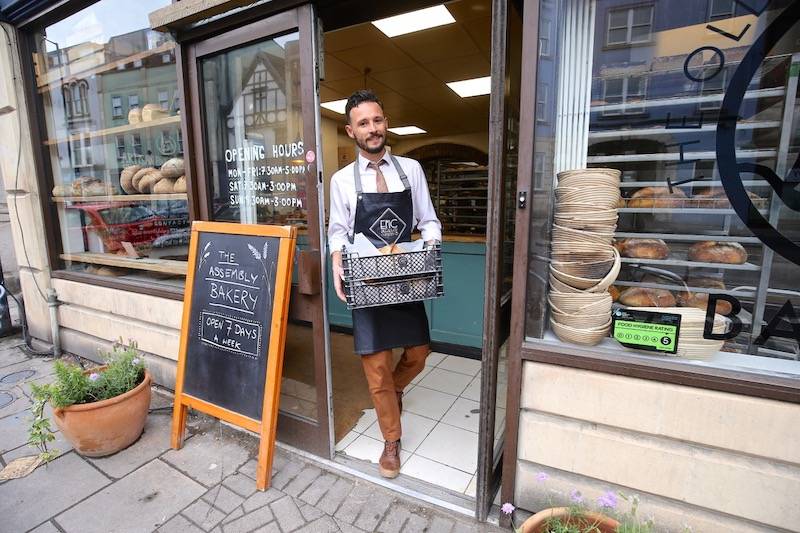
“To start with, I thought Epic Breakfast would be a subscription service,” he says. “But without any reputation or history, it’s difficult to get people to commit. Getting people to trust it once is a hurdle.” Ollie didn’t follow the subscription route in the end. That said, he’s had a lot of repeat business since launching in October 2018: 83% of his customers have ordered a second box after they’ve had their first.
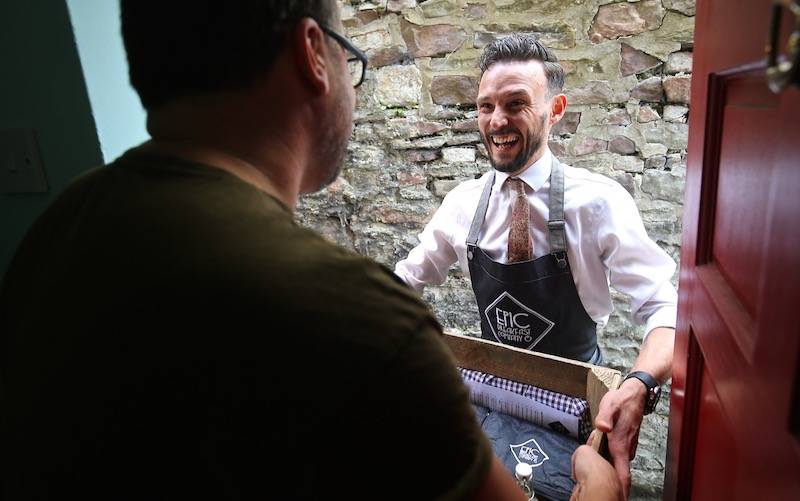
As Ollie’s feedback builds, he may decide to offer customers the option of a subscription but then again, not everyone will be around every Saturday.
For Rachel Wood, 31, founder of Rare Birds Book Club, variety is at the core of her business, a monthly subscription for books. “I’ve always been a voracious reader and I loved recommending books to friends. It got to the point where I was recommending books for other people’s book clubs. That’s what got me thinking about starting a business,” she says.
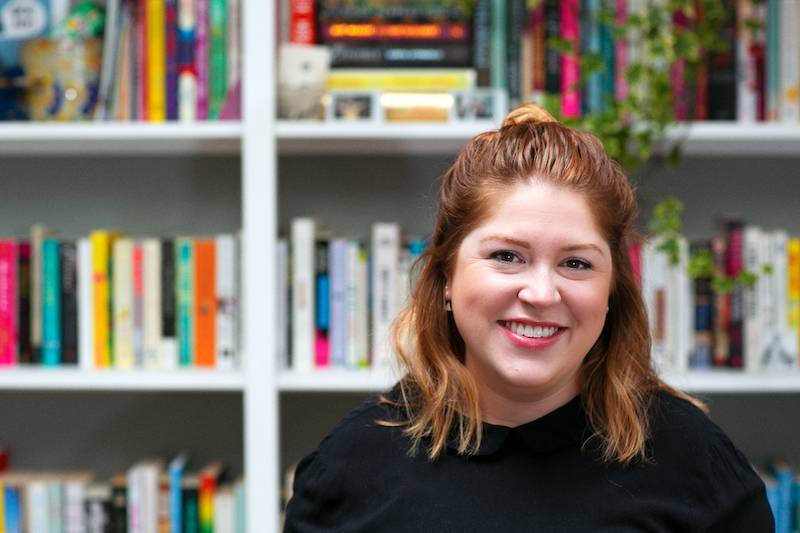
Subscriptions can make cash flow much more straightforward. “Every month money comes in for me to buy the books I know I’m going to send out rather than putting in a huge order and hoping I can shift them. Plus the business is really scalable - the amount of work that changes is the number of books I package up, but choosing the book, writing a postcard so people know why I chose it and running the website stays the same.”
Subscribers can discuss the books through the online community and several have created their own book clubs. “A woman living in a little village in Wales found out about Rare Birds Book Club and then bought a subscription for her sister and gave another for a friend. There are now six people all subscribed and meeting each month.”
Word of mouth and the ongoing loyalty of Rachel’s customers is key to her success. It’s something that you can start building before you’ve even launched.

“The pre-launch can be key to making or breaking a subscription based business. Most people spend six to nine months running Facebook ads, collecting email addresses and building up a community so that when they launch, they’ve already got an audience. We did all that work after launching and we lost a lot of momentum,” says Peter.
Developing your business model will take time and it’s worth weighing up different options. But remember that no decision has to be final: you can change direction as your business grows.

Business
6th March 2025
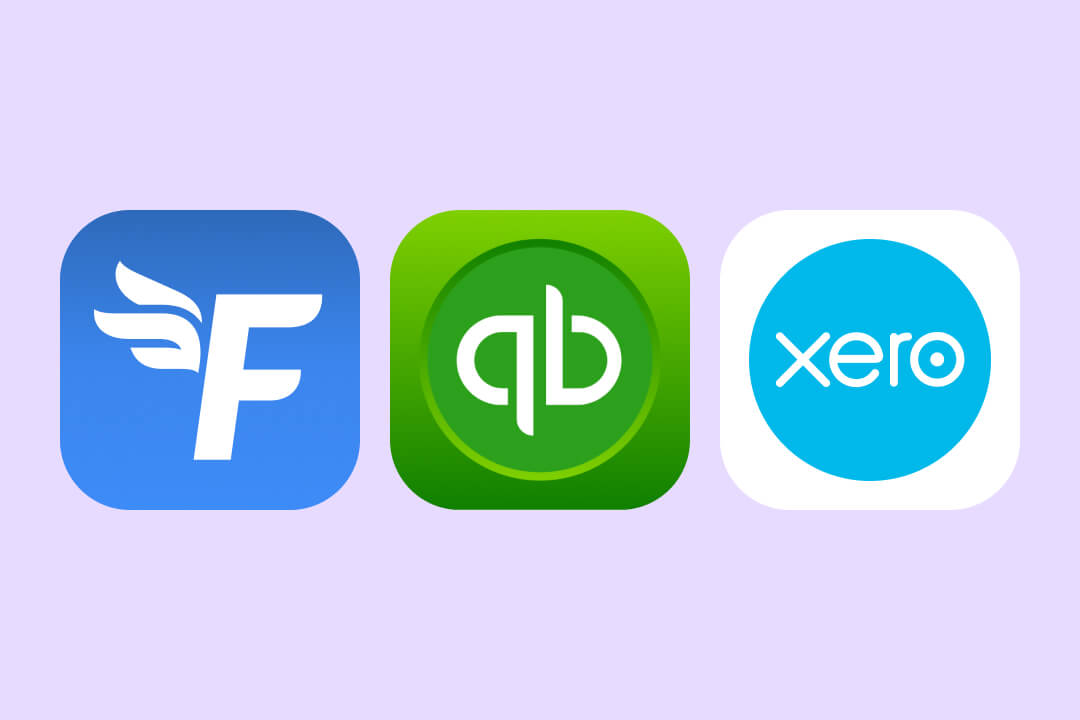
Business
24th May 2024

Business
24th May 2024
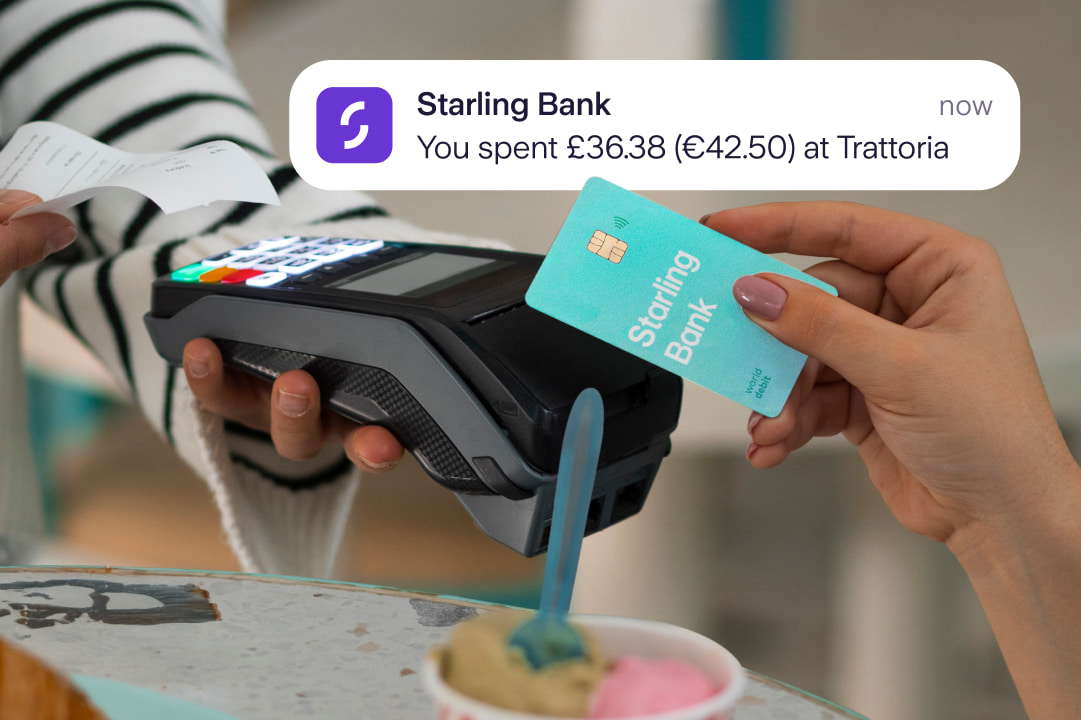
Money Truths
8th July 2025

Money Truths
2nd July 2025
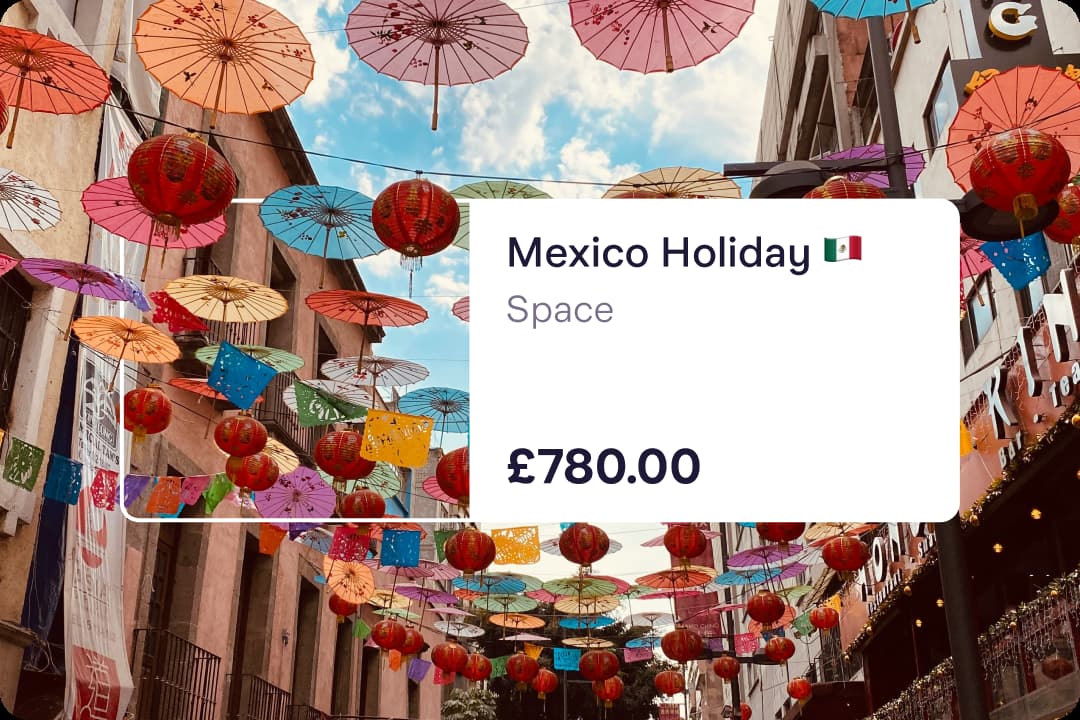
Money Truths
1st July 2025